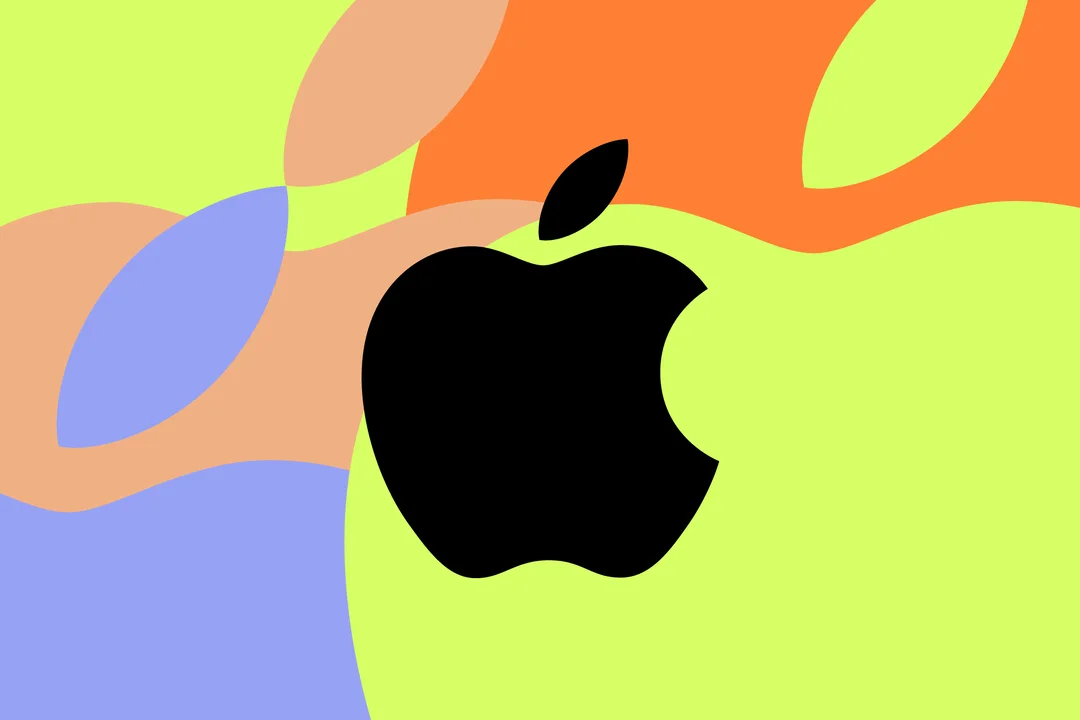
Apple’s Silicon Revolution: Custom Chips for Smart Glasses, Macs, and AI Servers Revealed
Apple is reportedly doubling down on in-house silicon development, with specialized chips in the pipeline for its much-anticipated smart glasses, next-generation Macs, and even servers dedicated to powering its growing AI capabilities. This move signals a significant shift in Apple's strategy, aiming to optimize performance and efficiency across its product ecosystem.

According to a Bloomberg report, Apple's silicon design group is making strides in developing a dedicated chip for its smart glasses, a direct competitor to Meta's Ray-Ban spectacles. This chip, based on the low-energy architecture used in the Apple Watch, is being custom-designed for power efficiency and will control the multiple cameras planned for the device. Mass production is potentially slated for late next year or 2027, suggesting a potential launch within the next two years, if development proceeds successfully.
This push into custom silicon extends beyond wearables, with Apple also developing processors for future Macs, likely branded as the M6 and M7 series. These chips will not only power consumer devices but also dedicated AI servers designed to support Apple Intelligence, the company's suite of on-device AI features that includes notification summarization, email rewriting, and integration with OpenAI's ChatGPT.
Apple's commitment to in-house silicon is evident in its recent unveiling of its first custom-designed modem chip for iPhones, connecting the devices to wireless data networks. By controlling the design and manufacturing of key components, Apple aims to optimize performance, improve energy efficiency, and potentially gain a competitive edge in both hardware and software.
The development of these specialized chips by TSMC highlights Apple's ambition to lead in technological innovation across various domains – from augmented reality with smart glasses to enhanced computing power for Macs and the growing demand for AI-driven services. This strategic move underscores Apple's long-term vision and commitment to delivering seamless integration and optimized performance across its entire product line.
What do you think about Apple's strategic shift towards in-house silicon? Share your thoughts and predictions in the comments below!